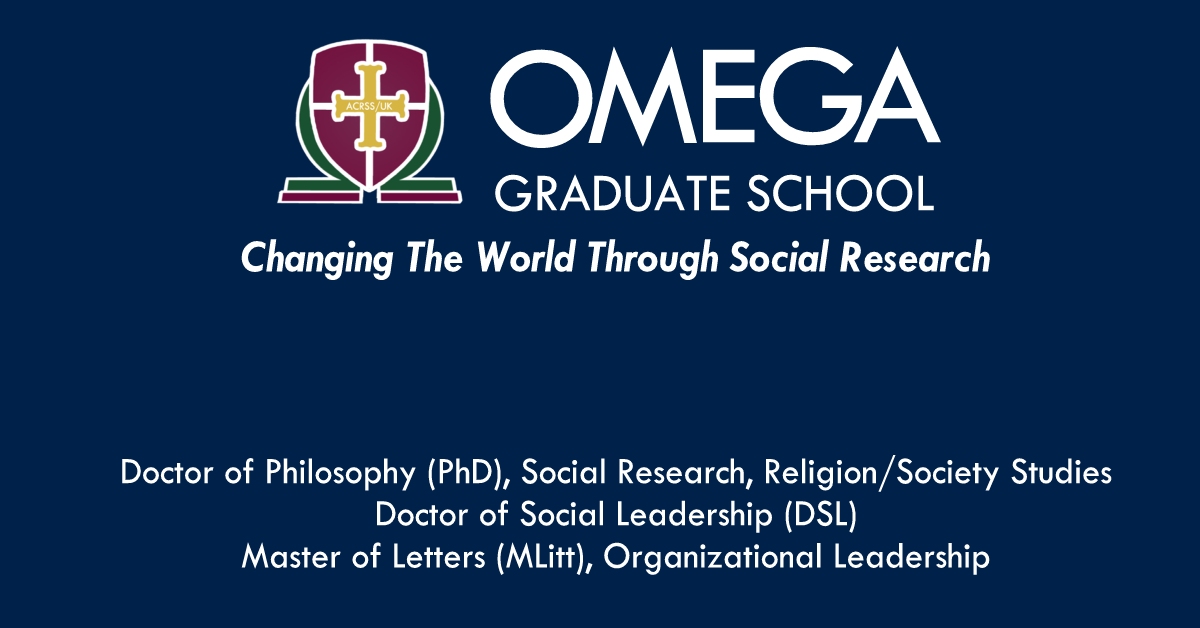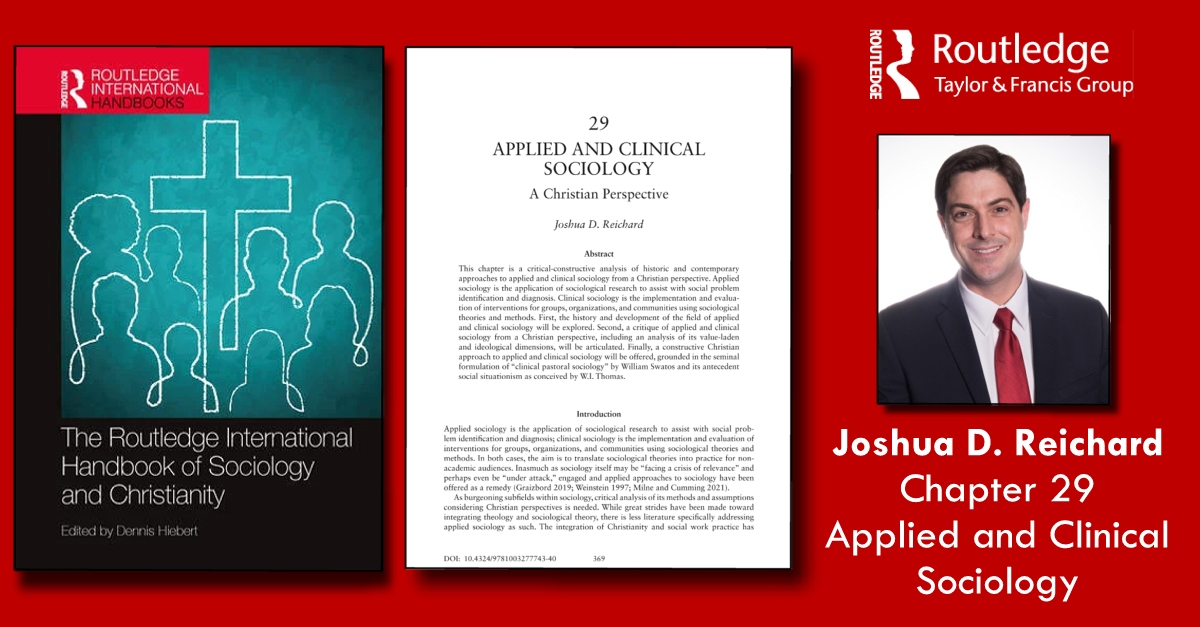Oxford as a Model for Christian Education
Understanding the historical and intellectual significance of Oxford as a model of Christian education is an enriching journey that offers valuable insights into the intersection of faith and scholarship. With its centuries-old tradition of academic excellence, Oxford has been a center of higher learning and a crucible for integrating Christian faith with the pursuit of knowledge. This explores how the University of Oxford has shaped Christian education, leaving an indelible mark on theological discourse and the broader world of academia. Oxford’s role as a model of Christian education, where faith and reason coexist, and tradition and innovation have blended to create a legacy that continues to inspire and inform contemporary Christian scholars and educators.
This summarizes an entry in the Encyclopedia of Christian Education by OGS Distinguished Faculty Member Dr. David Ward (2015).
A Historical Perspective
The University of Oxford, whose origins date back to the thirteenth century, has played an important role in shaping Christian education. From its early days as a center of European learning, Oxford contributed a distinctly English flavor to Christian education. Merton College, the first Oxford college, was established to educate individuals for church and state, reflecting a broader focus on leadership development beyond the clergy.
Faith Versus Reason
Throughout its history, Oxford grappled with tensions between faith and reason, theology and science, and the freedom of thought versus adherence to Christian orthodoxy. These tensions provided the backdrop for the evolution of Christian education at Oxford.
Influential Scholars
Oxford produced influential scholars who left their mark on both theology and academia. Figures like Robert Grosseteste, Duns Scotus, and William of Ockham contributed to the scholastic movement of medieval theology, making Oxford internationally significant. John Wycliffe’s early critique of Roman Catholic dogmas foreshadowed the Reformation, while the sixteenth century marked the transition towards Anglicanism and Puritanism.
Puritan Leaders
The seventeenth century saw the emergence of Puritan leaders like John Owen, who provided leadership during Oliver Cromwell’s Civil Wars. Richard Hooker, an Anglican divine, emphasized the primacy of Scripture, paving the way for the Methodist revival led by John Wesley in the eighteenth century.
Evangelical Revival
Oxford was the birthplace of the evangelical revival movement, with John Wesley and others leading the charge. Wesley’s theological method, known as the “Wesleyan quadrilateral,” integrated Scripture, tradition, reason, and experience, reflecting a commitment to practical religion and social impact.
Nineteenth Century Reforms
In the nineteenth century, John Keble led a protest against declining doctrine and discipline, resulting in the Oxford Movement. Inspired by his time at Oxford, John Henry Newman wrote “The Idea of a University,” emphasizing faith-learning integration and the tutorial system’s role in spiritual formation.
Contemporary Status
While Christianity’s influence at Oxford waned in the twentieth century due to societal changes, pockets of Christian faith persisted. Notable figures like C.S. Lewis, a prominent apologist and author, upheld Christian orthodoxy and the integration of faith and reason.
Oxford’s Enduring Legacy
Oxford’s enduring legacy in Christian education is reflected in contemporary scholars like Alister McGrath, whose scientific theology bridges the gap between science and theology. The tension between faith and freedom of inquiry allows for true interdisciplinary faith-learning integration at Oxford.
Twenty-First Century Faith
In the twenty-first century, Oxford continues to thrive as a hub of Christian thought, with institutions like the Oxford Centre for Christian Apologetics and the Oxford Christian Mind Programme contributing to Christian education and formation.
Influence on American Education
Oxford’s influence extends beyond the UK, with institutions like Oxford Graduate School and Drew University drawing inspiration from Oxford’s educational methods and traditions.
A Distinctive Place in Christian Education
In conclusion, the University of Oxford is distinctive in the history of Christian education. Its rich Christian history and commitment to integrating faith and scholarship continue to shape education and faith worldwide.
Omega Graduate School: Embracing the Oxford Tutorial Method
Omega Graduate School’s commitment to the Oxford tutorial method sets its degree programs apart in American higher education. By adopting this centuries-old learning approach, OGS strongly emphasizes personalized, one-on-one instruction, creating a unique and highly effective educational experience. This method allows students to engage deeply with their subjects, fostering critical thinking and intellectual independence. OGS’s dedication to faith-learning integration within the framework of the Oxford tutorial method ensures that graduates are academically prepared and spiritually equipped for their chosen fields. This distinctive approach makes OGS a trailblazer in American higher education. It offers a transformative and holistic learning experience that empowers students to excel academically and make a meaningful impact in their communities and professions.
References
– Cameron, Euan. (1999). Early Modern Europe: An Oxford History. Oxford University Press.
– Cross, F. L., and E. A. Livingstone, ed. (2005). The Oxford Dictionary of the Christian Church. 3rd Revised. Oxford University Press, USA.
– Harrison, Brian Howard. (1984-2000). The History of Oxford University, Volumes 1-8. Oxford University Press.
– Evans, G. R. (2010). The University of Oxford: A New History. I. B. Tauris.
– McGrath, Alitster E. (2001-2003). A Scientific Theology, Volumes 1-3. Grand Rapids: William B. Eerdmans Publishing Company.


